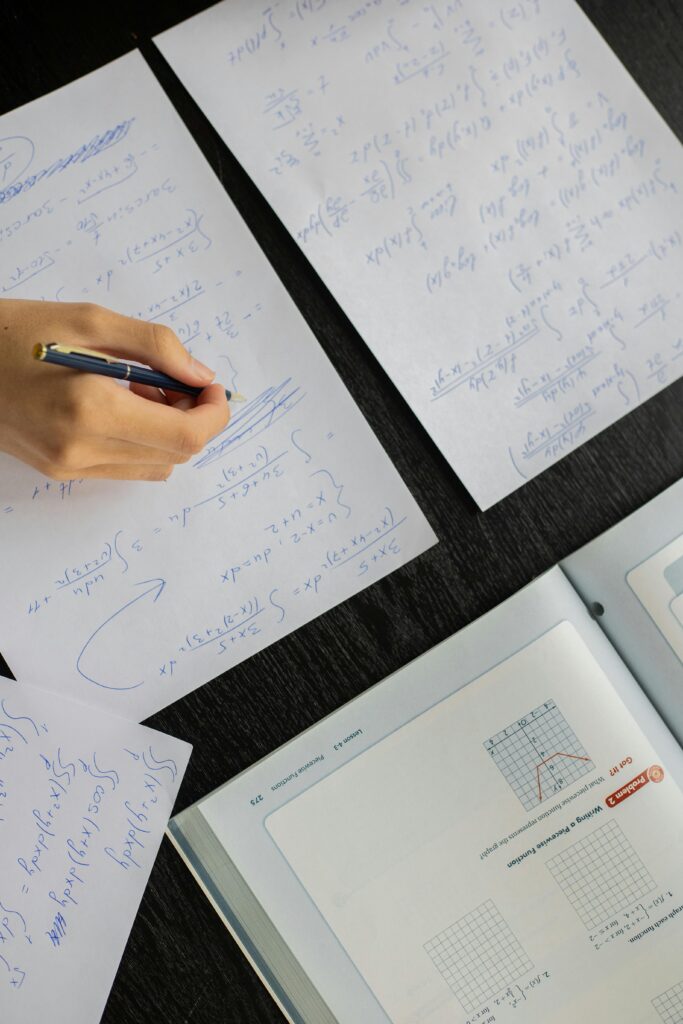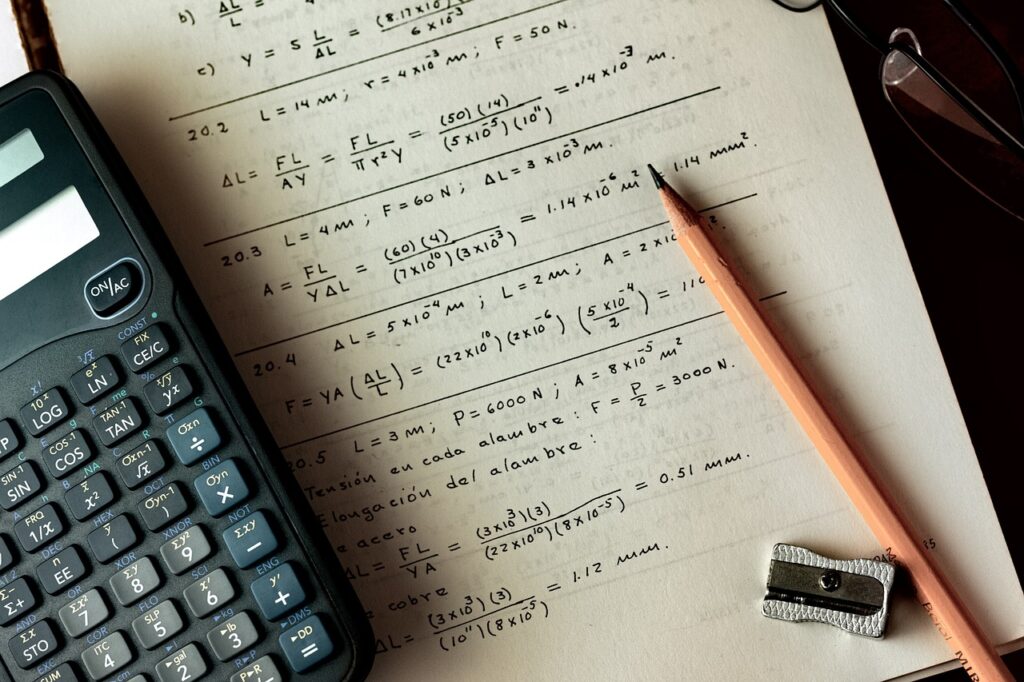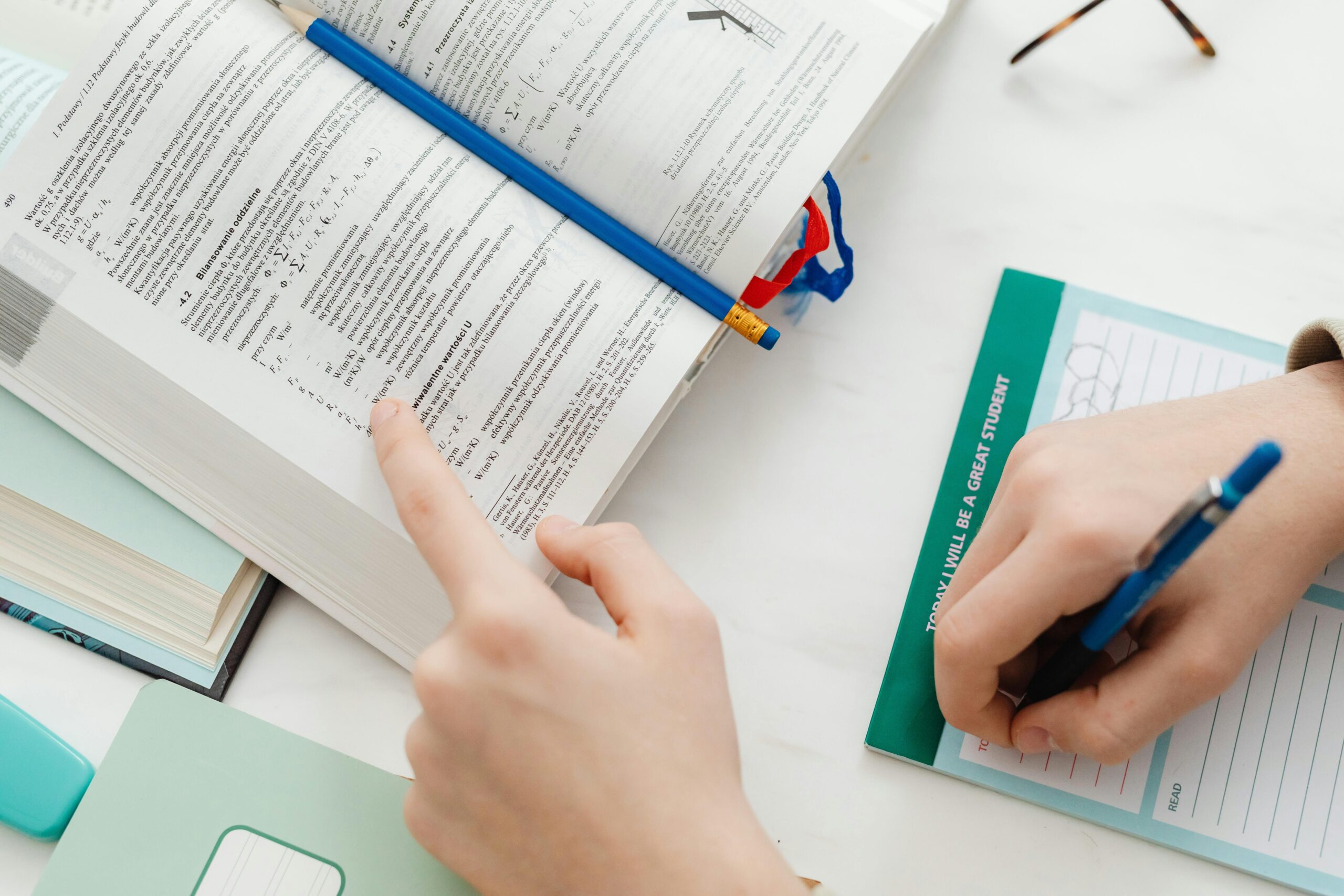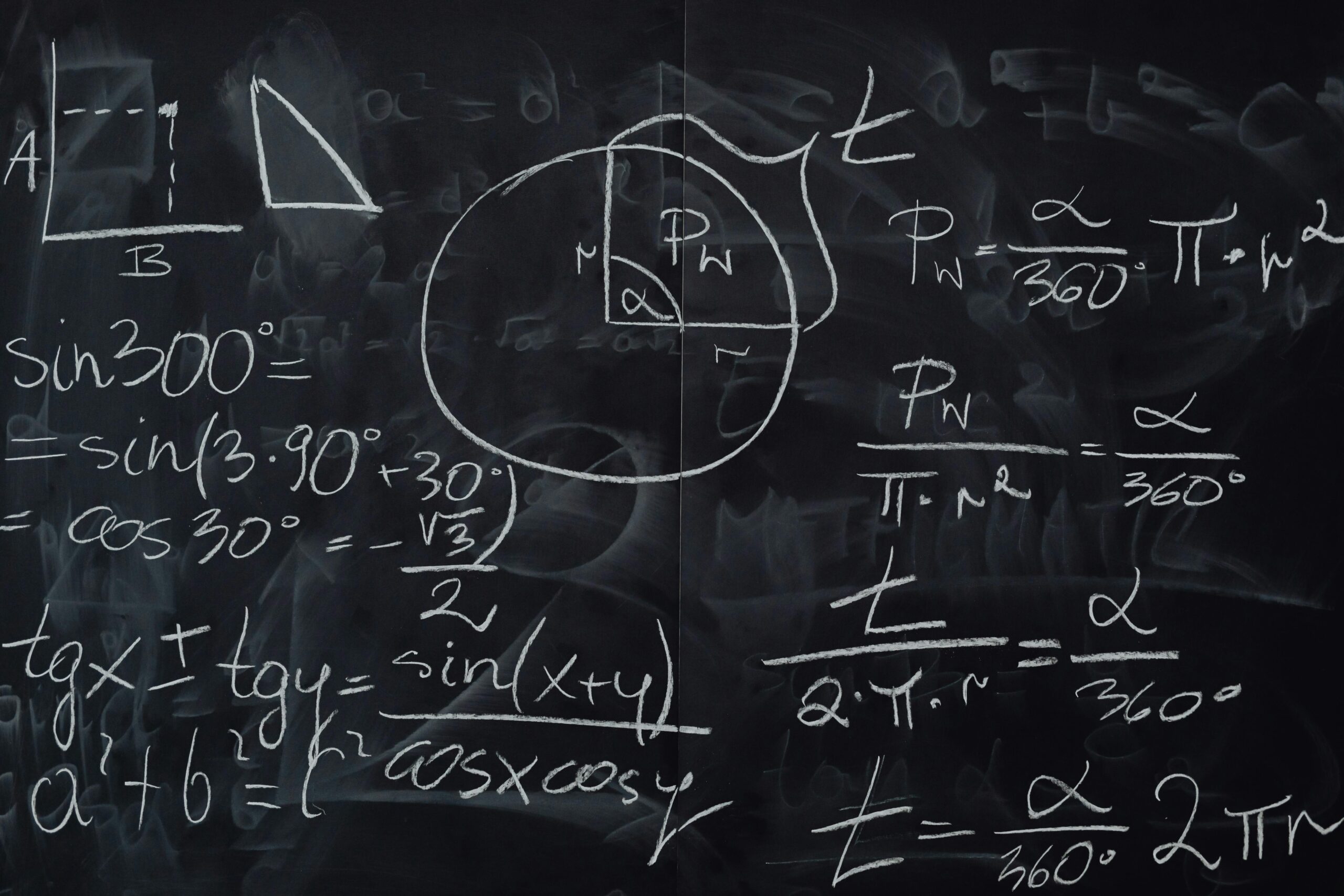Essential Textbooks for IMO Preparation
Are you looking to help your child excel in math competitions? The right textbooks are key to mastering IMO topics. Here are some top recommendations IMO study books.
1. The Art of Problem Solving Series
Comprehensive Coverage
The Art of Problem Solving (AoPS) series is a goldmine for young mathematicians. These books cover a wide range of topics, from algebra to geometry. They focus on problem-solving skills, which are essential for IMO success.
Interactive Learning
AoPS books are designed to engage students. Each chapter includes problems that challenge and inspire. Your child can also access the AoPS online community for additional support and practice.
Step-by-Step Solutions
One of the best features of AoPS books is their detailed solutions. Each problem is broken down step-by-step, helping students understand the logic behind the answers. This approach builds a strong foundation in math.
Where to Get It
You can purchase AoPS books from their official website. They also offer online courses that complement the textbooks.
2. Introduction to Number Theory by Titu Andreescu and Dorin Andrica
Foundational Knowledge
Number theory is a crucial part of the IMO curriculum. This textbook by Andreescu and Andrica provides a thorough introduction to the subject. It covers topics like prime numbers, divisibility, and modular arithmetic.
Challenging Problems
The book includes a variety of problems, from basic to advanced. These problems are designed to develop critical thinking skills. Working through them will prepare your child for the kinds of questions they’ll face in competitions.
Clear Explanations
The authors explain complex concepts in a clear and understandable way. This makes the book accessible even to students who are new to number theory.
Where to Get It
You can find this textbook on Amazon or at your local bookstore. It’s a great addition to any young mathematician’s library.
3. Problems in Elementary Number Theory by Hojoo Lee and Peter Vandendriessche
Focused Practice
This book is packed with problems specifically designed for math competitions. It’s an excellent resource for students who want to deepen their understanding of number theory.
Variety of Topics
The problems cover a wide range of topics, including prime numbers, congruences, and Diophantine equations. This variety ensures that students get comprehensive practice in number theory.
Solutions Included
Each problem comes with a detailed solution. This helps students learn the correct approach to solving complex problems. It’s like having a personal tutor at home.
Where to Get It
You can get this book here. It’s a must-have for any serious IMO contender.
4. Geometry Revisited by H.S.M. Coxeter and S.L. Greitzer
Advanced Geometry
Geometry is a significant part of the IMO curriculum. This classic book by Coxeter and Greitzer provides an in-depth look at advanced geometric concepts. It’s ideal for students who already have a solid foundation in basic geometry.
Rich in Content
The book covers a wide range of topics, including transformations, theorems, and constructions. Each chapter is filled with problems that challenge students to think critically and creatively.
Detailed Explanations
Coxeter and Greitzer’s explanations are clear and concise. They provide insights into the beauty of geometry, making the subject more enjoyable for students.
Where to Get It
You can find this book on Amazon or at your favorite bookstore. It’s an excellent resource for mastering geometry.
5. Mathematical Olympiad Treasures by Titu Andreescu and Bogdan Enescu
Diverse Problems
This book is a treasure trove of problems from various math competitions, including the IMO. It covers algebra, geometry, number theory, and combinatorics.
Practical Approach
The authors present problems in a practical way, encouraging students to develop their problem-solving skills. Each problem is followed by a detailed solution, which helps students understand the underlying concepts.
Encourages Critical Thinking
The problems in this book are designed to make students think deeply about math. They encourage creativity and innovation, which are essential for success in competitions.
Where to Get It
You can purchase this book from Amazon or other online retailers. It’s a great resource for students aiming to excel in the IMO.
Additional Resources for IMO Preparation
Online Platforms
There are several online platforms that offer additional practice and resources for IMO preparation. Websites like Brilliant.org and Khan Academy provide interactive lessons and problems to help students improve their skills.
Math Competitions
Encourage your child to participate in local and national math competitions. These competitions provide valuable experience and help build confidence. Some well-known competitions in Canada include the Canadian Open Mathematics Challenge (COMC) and the Canadian Mathematical Olympiad (CMO).
Study Groups
Forming a study group with other students preparing for the IMO can be very beneficial. Group study sessions allow students to discuss problems, share solutions, and learn from each other. It also makes studying more enjoyable and less isolating.

Books That Teach Essential Problem-Solving Techniques for IMO
If your child dreams of excelling in the International Mathematical Olympiad (IMO), mastering problem-solving techniques is crucial. Here’s a list of books that focus on these skills and make learning math fun and effective.
1. The Art and Craft of Problem Solving by Paul Zeitz
Comprehensive Guide
Paul Zeitz’s book is a must-have for any aspiring math competitor. It covers a wide range of problem-solving techniques, making it a comprehensive guide for IMO preparation. Your child will learn about various strategies, from basic algebraic manipulations to advanced combinatorial arguments.
Engaging Problems
The book contains numerous problems that challenge students to think critically. Each problem is followed by detailed solutions, helping students understand the methods used. This step-by-step approach builds confidence and enhances problem-solving skills.
Real-World Applications
Zeitz connects mathematical concepts to real-world applications, making the learning process more engaging. This helps students see the relevance of math in everyday life.
Where to Get It
You can find this book on Amazon or at major bookstores. It’s a fantastic resource for deepening problem-solving skills.
2. Problem-Solving Strategies by Arthur Engel
Structured Approach
Arthur Engel’s book is renowned for its structured approach to problem-solving. It introduces various strategies, such as invariants, extremal principles, and the pigeonhole principle. These techniques are essential for tackling difficult IMO problems.
Practice Problems
The book includes a plethora of problems, each designed to illustrate a specific strategy. By practicing these problems, students can master different techniques and improve their problem-solving skills.
Insightful Explanations
Engel’s explanations are clear and insightful, making complex concepts accessible to students. This helps build a strong foundation in mathematical problem-solving.
Where to Get It
You can find this book on Amazon or at your local bookstore. It’s an excellent resource for developing advanced problem-solving skills.
Apps to Enhance Problem-Solving Skills
Photomath
Photomath is a handy app that allows students to scan and solve math problems using their smartphone camera. It provides step-by-step solutions, helping students understand the methods used to solve each problem. This app is great for practicing problem-solving on the go.
Mathway
Mathway is another useful app for solving math problems. It covers a wide range of topics and provides detailed solutions for each problem. Students can use it to practice different problem-solving techniques and improve their skills.
Wolfram Alpha
Wolfram Alpha is a powerful computational engine that can solve complex math problems. It provides step-by-step solutions and explanations, making it a valuable tool for learning problem-solving techniques. The app’s detailed answers help students understand the logic behind each solution.

Balancing Theory and Practice for IMO Success
Preparing for the International Mathematical Olympiad (IMO) involves mastering both theoretical concepts and practical problem-solving skills. Striking a balance between these two areas can significantly enhance your child’s performance. Let’s explore how to achieve this balance effectively.
1. Understanding the Importance of Theory
Build a Strong Foundation
Theoretical knowledge forms the backbone of mathematical understanding. Concepts in algebra, geometry, number theory, and combinatorics are essential for solving IMO problems. Ensure your child has a solid grasp of these fundamental topics.
Use Quality Textbooks
Books like “Art of Problem Solving” series by Richard Rusczyk and “An Excursion in Mathematics” are excellent resources. They provide thorough explanations of theoretical concepts and include a variety of problems for practice.
Incorporate Theory in Daily Study
Set aside time each day for your child to review theoretical concepts. This consistent practice helps reinforce their understanding and makes it easier to apply these concepts in problem-solving.
2. Emphasizing Practical Problem-Solving
Regular Practice Sessions
Practical problem-solving is crucial for success in the IMO. Encourage your child to solve a variety of problems regularly. This practice helps them apply theoretical knowledge to different scenarios.
Use Problem-Solving Books
Books like “The Art and Craft of Problem Solving” by Paul Zeitz and “Problem-Solving Strategies” by Arthur Engel are invaluable. They provide a range of problems along with detailed solutions, helping students understand different approaches to problem-solving.
Join Online Math Communities
Platforms like the Art of Problem Solving (AoPS) community offer forums where students can discuss problems and solutions. Engaging with peers and experts can provide new insights and improve problem-solving skills.
3. Balancing Theory and Practice
Integrated Learning Approach
An integrated learning approach combines theory with practice. After learning a new concept, encourage your child to solve problems related to that concept. This immediate application helps reinforce their understanding.
Set Goals and Track Progress
Set specific goals for both theoretical learning and practical problem-solving. Tracking progress helps ensure your child is dedicating enough time to both areas. Adjust their study plan as needed to maintain a balance.
Use Educational Apps
Apps like Khan Academy and Brilliant.org offer interactive lessons and practice problems. These platforms integrate theory with practice, making learning more engaging and effective.
Create a Study Schedule
A well-structured study schedule can help balance theoretical learning and practical problem-solving. Allocate specific time slots for each area, ensuring your child gets ample practice while solidifying their theoretical knowledge.
4. Real-Life Applications
Math in Everyday Life
Encourage your child to see math in everyday life. Simple activities like calculating the cost of groceries or measuring ingredients for a recipe can make learning more practical and enjoyable.
Math Competitions
Participating in math competitions helps students apply their knowledge in a competitive environment. This experience can be invaluable for their IMO preparation.
Hands-On Projects
Engage your child in hands-on projects that require mathematical thinking. Building models, coding, or even playing strategy games can enhance their problem-solving skills.

Additional Reading Materials for Deeper IMO Understanding
When it comes to preparing for the International Mathematical Olympiad (IMO), having a broad and deep understanding of mathematical concepts is crucial. While practice problems are essential, additional reading materials can provide new insights and strengthen your child’s knowledge base. Let’s dive into some fantastic resources that can help your child succeed.
1. Leverage Online Resources for Broader Knowledge
Use Educational Websites
Websites like Art of Problem Solving (AoPS) offer a wealth of resources. Their online library includes articles and problems on various mathematical topics, providing a comprehensive learning experience.
Watch Educational Videos
Khan Academy and YouTube channels like 3Blue1Brown offer engaging videos that explain complex concepts in an easy-to-understand manner. Visual learning can make difficult topics more accessible.
Join Online Courses
Platforms like Coursera and edX offer advanced math courses. These courses, often taught by university professors, provide in-depth knowledge on specific topics relevant to IMO preparation.
2. Engage with Math Communities
Participate in Math Forums
Engaging in forums like AoPS and Math Stack Exchange can be incredibly beneficial. These communities allow students to ask questions, share problems, and learn from others’ experiences.
Attend Math Camps
Math camps, like the Canada/USA Mathcamp, provide intensive training and opportunities to interact with peers and mentors. These camps often introduce new topics and advanced problem-solving techniques.
Join Local Math Clubs
Local math clubs or math circles offer a supportive environment for learning and practicing math. They often have experienced instructors who can guide students through challenging problems.
4. Broaden Your Horizons with Specialized Books
Study Combinatorics
“Introduction to Combinatorics” by Martin J. Erickson is a great resource for mastering combinatorics, a key area in IMO problems. It provides clear explanations and numerous examples.
Learn Advanced Algebra
“Algebra” by Michael Artin is ideal for students who want to dive deeper into algebra. This book covers advanced topics and offers a rigorous understanding of algebraic concepts.
Explore Geometry
For a deeper understanding of geometry, “Geometry Revisited” by H.S.M. Coxeter and S.L. Greitzer is excellent. It covers both classical and modern geometry in an engaging way.
6. Incorporate Real-Life Applications
Apply Math to Everyday Life
Encourage your child to see math in real-life scenarios. Cooking, budgeting, and even sports can provide practical applications for mathematical concepts.
Engage in Hands-On Projects
Hands-on projects like building models or coding can help students apply what they’ve learned in a practical context. These projects make learning more engaging and fun.
Participate in Math Competitions
Math competitions at local, national, and international levels provide excellent opportunities to apply knowledge and gain experience. They also help build confidence and expose students to new problem-solving techniques.
By exploring these additional reading materials and resources, your child can gain a deeper and broader understanding of mathematical concepts. Encourage them to read advanced books, leverage online resources, engage with math communities, and use specialized apps. Incorporating real-life applications and participating in math competitions can also enhance their learning experience. With the right resources and a balanced approach, your child will be well-prepared for the challenges of the IMO. Happy learning!
Want to know Essential IMO Preparation Resources for Canadian Students?
Also interested in Science competitions in Ontario? Check this link!




I appreciate how you broke down this complex topic into manageable pieces. Your clear explanations and real-life examples made it so much easier to understand.